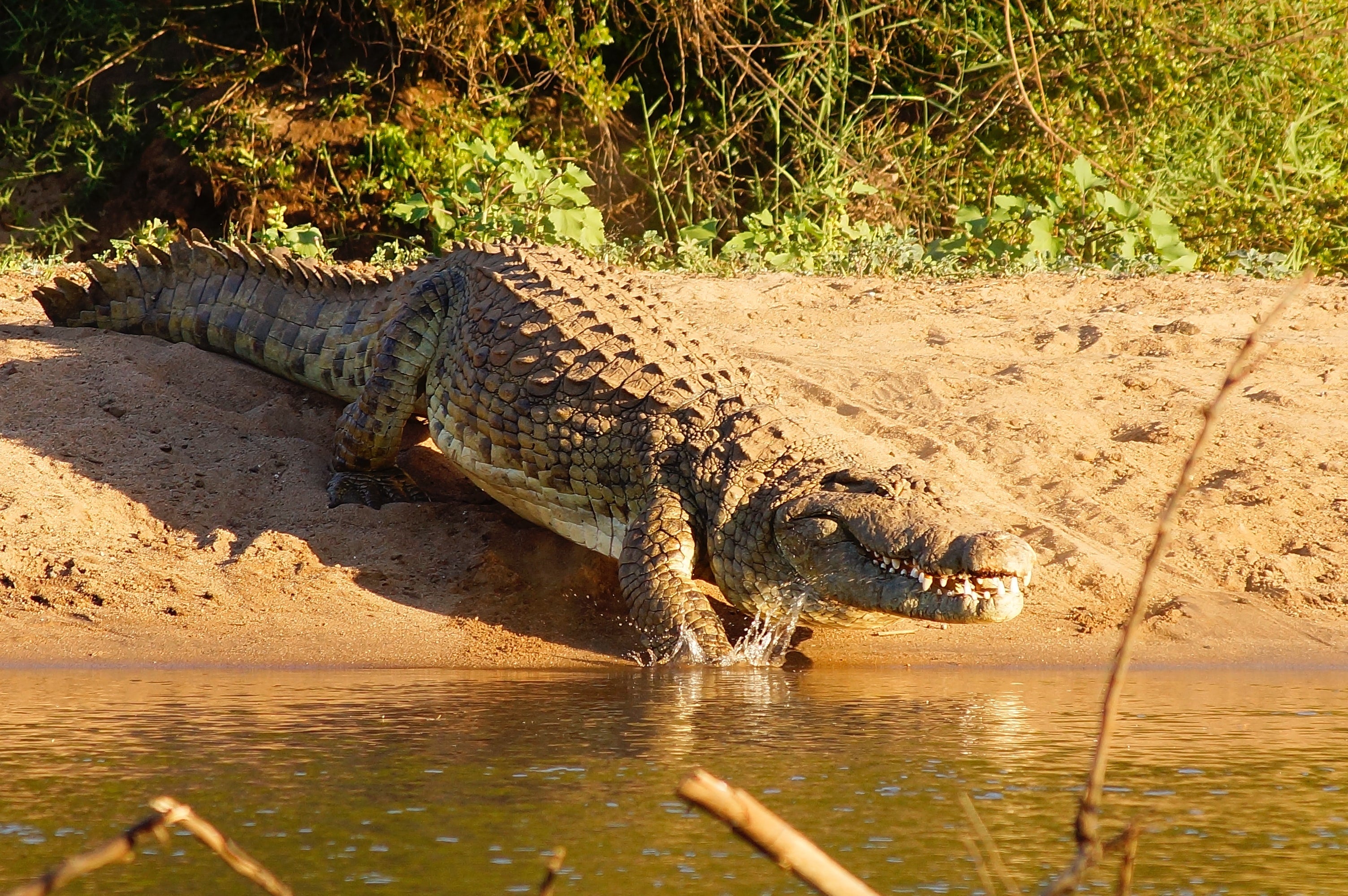The dilemma of human-wildlife coexistence in Botswana
A new initiative seeks to reduce conflicts through awareness-raising, innovation and collaboration between public and private sector

Your support helps us to tell the story
From reproductive rights to climate change to Big Tech, The Independent is on the ground when the story is developing. Whether it's investigating the financials of Elon Musk's pro-Trump PAC or producing our latest documentary, 'The A Word', which shines a light on the American women fighting for reproductive rights, we know how important it is to parse out the facts from the messaging.
At such a critical moment in US history, we need reporters on the ground. Your donation allows us to keep sending journalists to speak to both sides of the story.
The Independent is trusted by Americans across the entire political spectrum. And unlike many other quality news outlets, we choose not to lock Americans out of our reporting and analysis with paywalls. We believe quality journalism should be available to everyone, paid for by those who can afford it.
Your support makes all the difference.By Keletso Thobega for Botswana Guardian
The Founder, Trustee and Executive Director of Okavango Human-Wildlife Conflict Foundation (OHWCF), Kenosi Kamina, has called on the government and private sector to play a meaningful role in combating human wildlife conflict.
Kamina said this could be done through measures that will protect the country’s ecosystems, tourism industry and contribute to improved economic livelihood for communities in areas high in wildlife densities.
Speaking to Botswana Guardian, Kamina said animals can be territorial and in protecting themselves, some people kill the animals.
“What we need to do is create a reality where humans and wildlife exist side by side”. Humans have to observe and study the behaviour of wild animals and devise means to protect themselves and their fields and homesteads without having to resort to killing the animals, he said. He also called on the Government and the private sector to assist by helping victims of human-wildlife conflict.
“There are many people in areas including Maun, Shakawe, Seronga and Shorobe, who are maimed or disabled as a result of animal attacks and are struggling to make ends meet.
“We recently donated food hampers to a family in Maun, a mother and daughter who lost their arms and hands following an attack by a crocodile when they were hunting for tswii (a potato-like vegetable) in the river.
“The injuries were so bad that they had to be amputated and they spent several months admitted to Nyangabgwe hospital in Francistown.”
According to Kamina, the younger woman was pregnant when the attack occurred, and has gone through a great deal of trauma. To make matters worse, both the mother and daughter have no other means of survival so they rely on a ration from social services.
The government covered their medical expense bills but they received no counselling or any other financial support.
“We recently visited them to donate food hampers and we were appalled by the way they are living. It is sad because, without their arms and hands, it becomes even more difficult for them to devise ways to make a living,” he said.
Kamina said OHWCF offers psycho-social support for victims of animal attacks and facilitates restorative compensation such as helping victims establish small businesses.
They also want to secure funding to promote the use of spike brick slab fencing to deter elephants from crop fields, and also establish a virtual fence-documentary baseline for problem animals’ movement, as well as implementing a monitoring and alerting system.
“We want to create robust awareness on problem animal control measures. One of the ideas we are working on is introducing drone monitoring and then working in collaboration with communication network providers such as Mascom and Orange to send out an SMS to all subscribers in the area if there is an emergency alert.
“For example, if elephants are spotted or a lion is identified to be in a certain territory close to human settlements, a message can be sent out to inform community members to be careful. Of course, we will also work with community members for the benefit of those with no cellphones,” he said.
OHWCF wants to establish itself as an ideal provider of inclusive wildlife conservation programmes and related services, and also contribute to the development of custom-built policies, plans and decision-making on human-wildlife conflict, and related programmes and services.
Kamina said that OHWCF is also prepared to work with other stakeholders to act as a support foundation for planned wildlife conservation programmes in the Okavango, establish standards in the field of problem animals conservation by involving concepts on prevention and mitigation of the conflict; through the methodology of data collection, processing of data - database surveys and dissemination of results, and support collaborative research to process the data.
Kamina said they are keen on across board collaborations to help the government and the private sector play their role.
This article is reproduced here as part of the African Conservation Journalism Programme, funded in Angola, Botswana, Mozambique, and Zimbabwe by USAID’s VukaNow: Activity. Implemented by the international conservation organisation Space for Giants, it aims to expand the reach of conservation and environmental journalism in Africa, and bring more African voices into the international conservation debate. Read the original story here.
Join our commenting forum
Join thought-provoking conversations, follow other Independent readers and see their replies
Comments